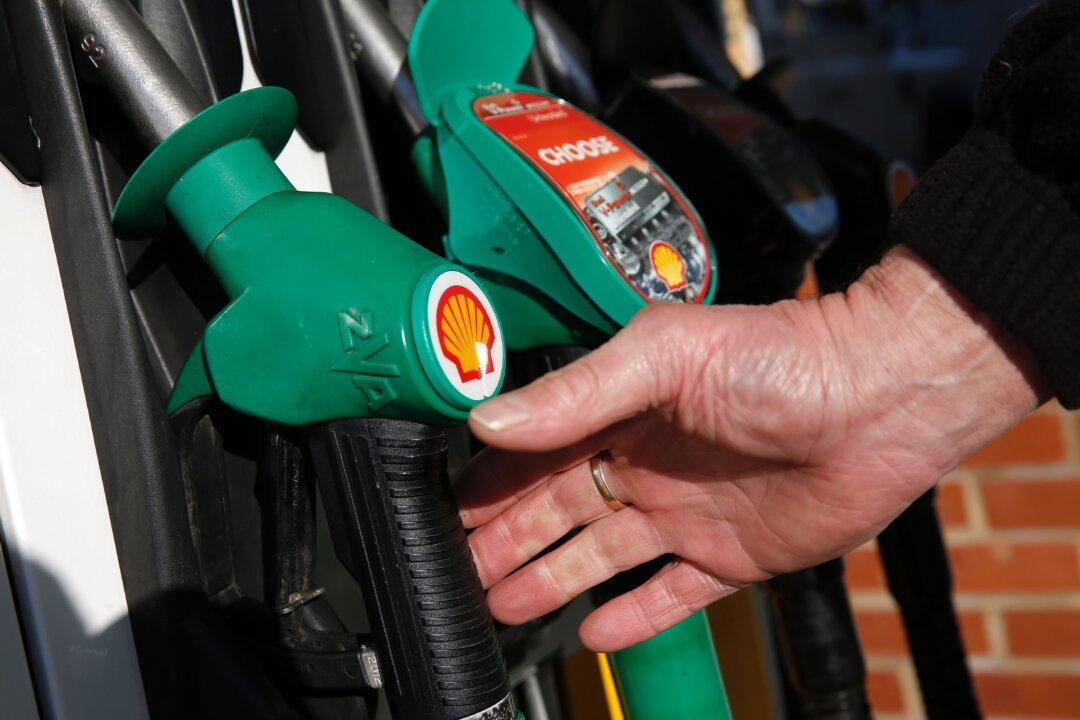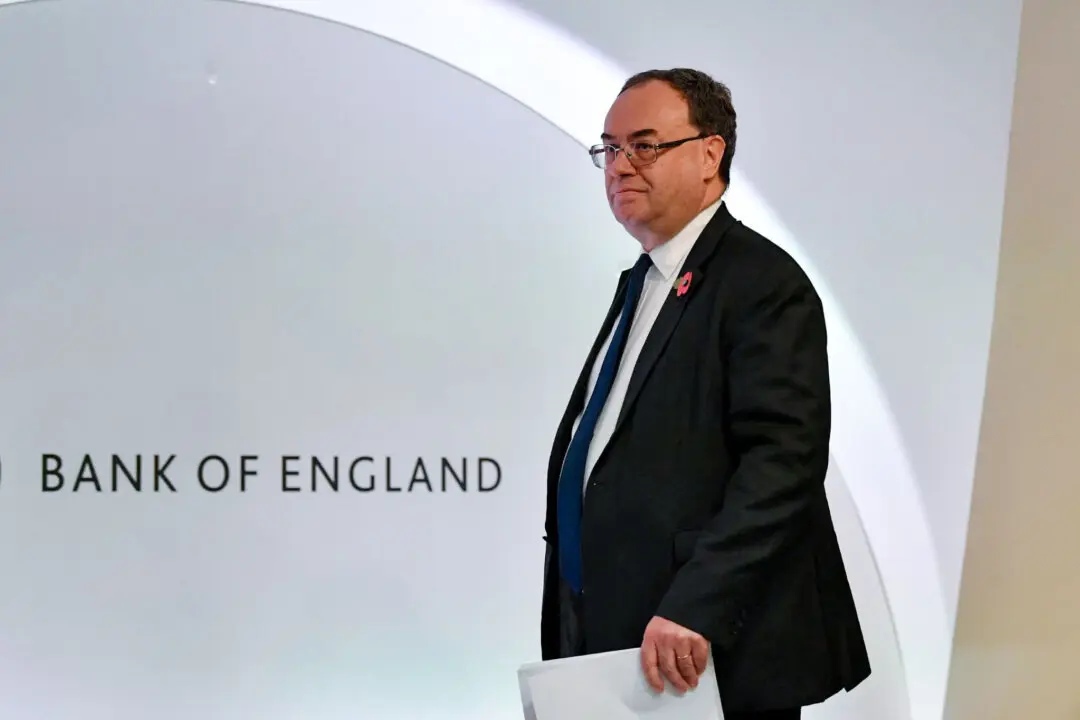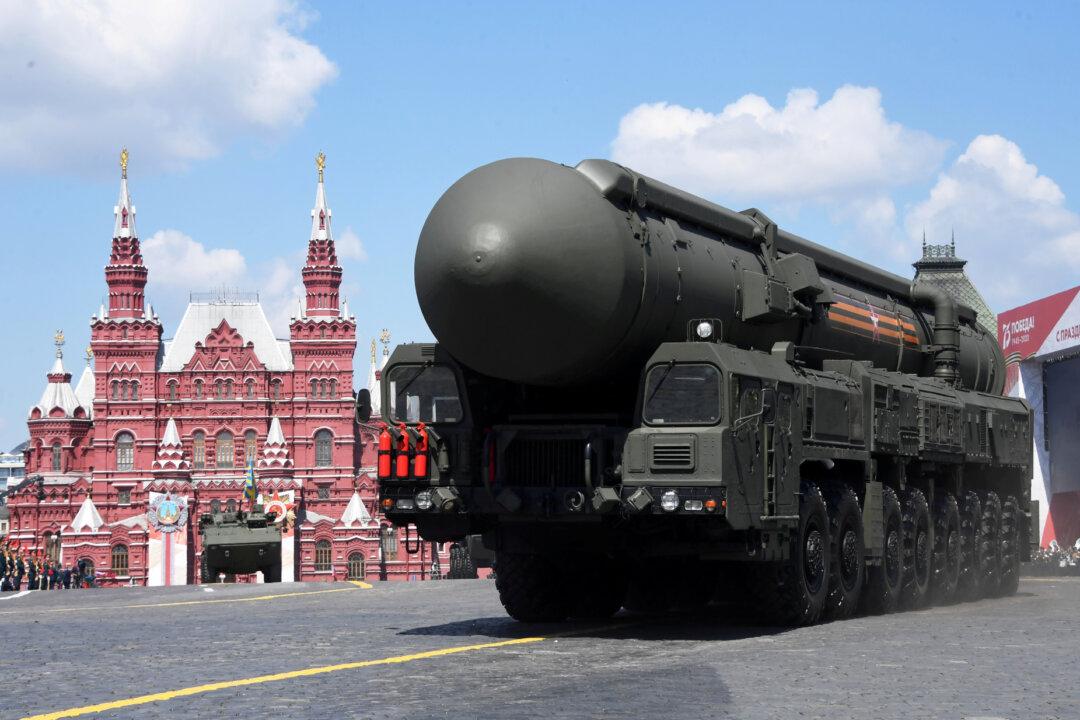British energy giant Shell has published its first-quarter profits, reporting adjusted earnings of $9.6 billion. The company achieved the results despite an “unfavourable” tax climate and “lower realised oil and gas prices.”
Shell announced on May 4 that its numbers are $500 million higher than the same period last year. The company’s adjusted earnings for the first three months of 2023 are $1.7 billion greater than forecast.





